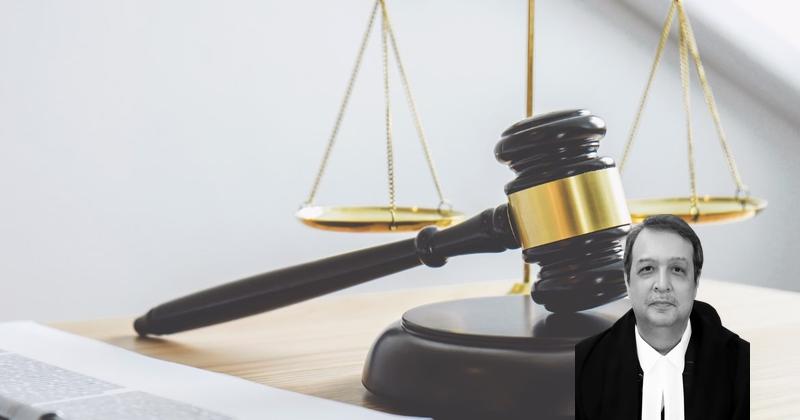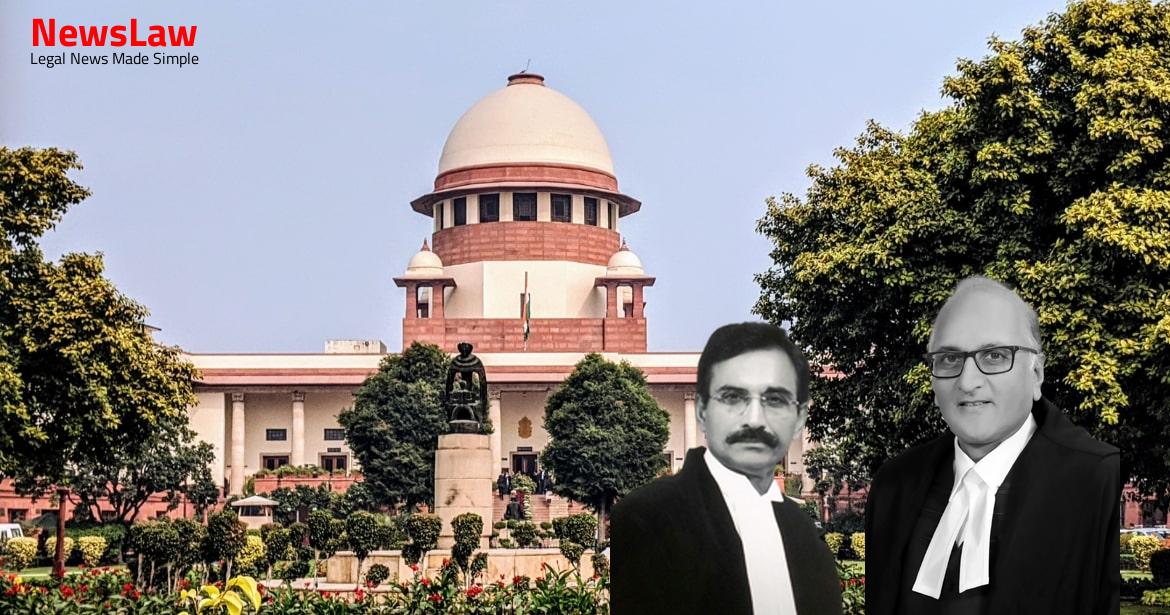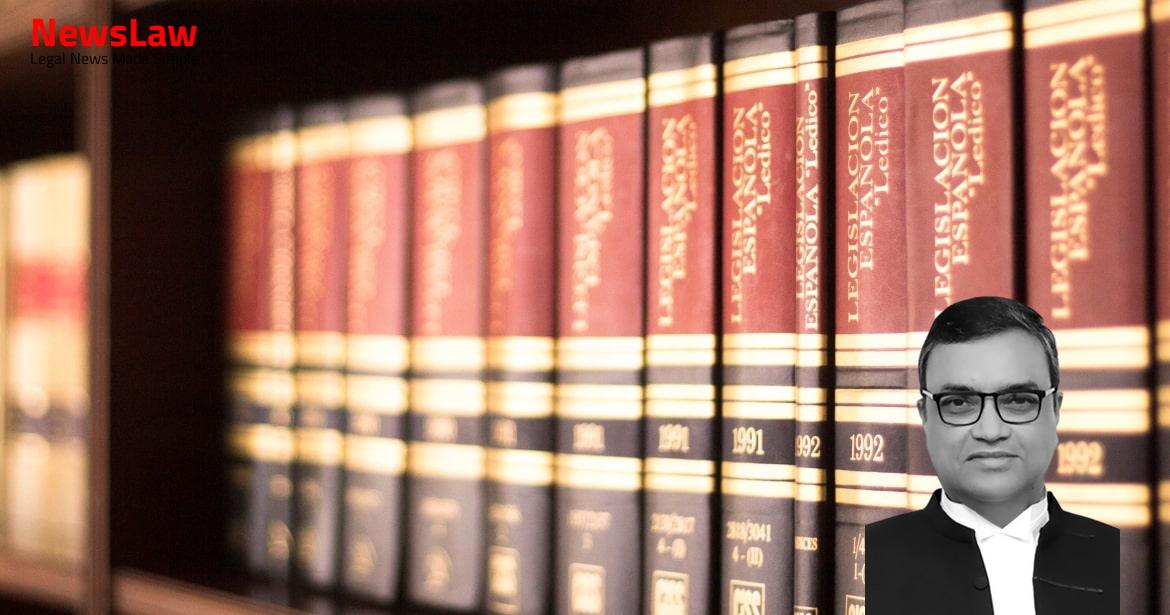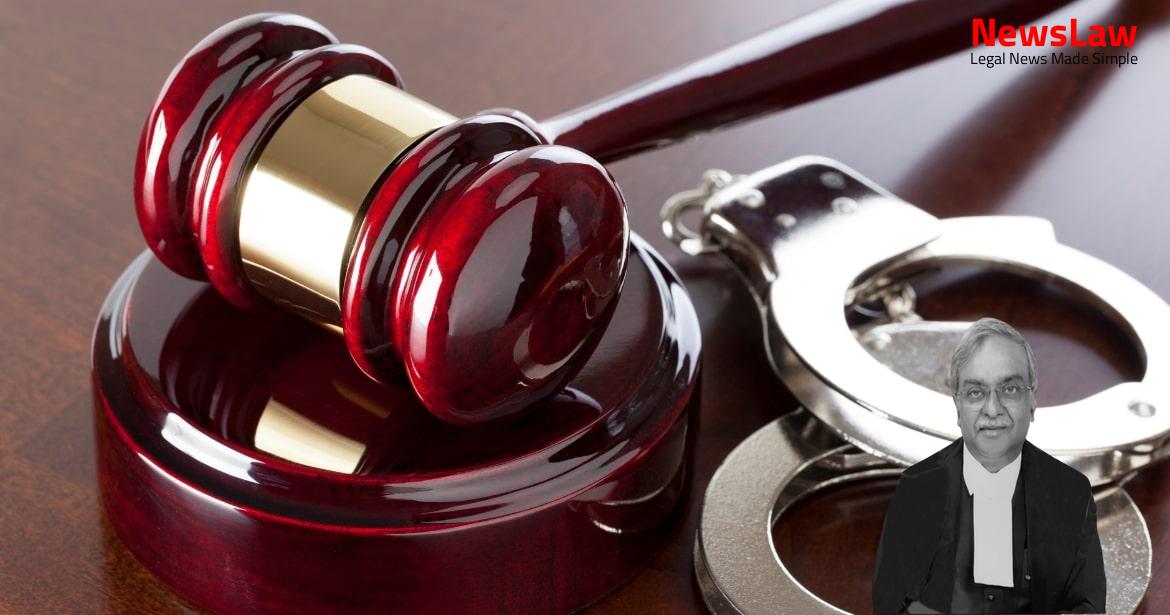The facts leading to the present appeals are as under: – 2.1 That a “sale agreement” was entered into between appellant No 1 as attorney of appellant
No 2 (original defendants) and the respondent herein (original plaintiff) for sale of the suit plot in question for a consideration of Rs.
Feeling aggrieved and dissatisfied with the judgment and decree passed by the learned Trial Court confirmed by the First Appellate Court refusing to grant the relief of specific performance of the sale agreement, the respondent herein – original plaintiff preferred the second appeal before the High Court. By the impugned judgment and order dated 27.07.2016 the High Court allowed the second appeal by way of overturning the concurrent judgments of the learned Trial Court confirmed by the First Appellate Court and consequently, granted the relief of specific performance of the sale agreement by observing that as the plaintiff was ready and willing to perform his part of the contract and therefore, he is entitled to the decree for specific performance.
Shri Guru Krishna Kumar, learned Senior Advocate appearing on behalf of the appellants – original defendants, has vehemently submitted that in the facts and circumstances of the case the High Court has committed a very serious error in dismissing the review application which as such was filed pursuant to the liberty reserved by this Court. 2
Also Read: https://newslaw.in/case-type/criminal/analysis-of-bail-granting-criteria-in-criminal-cases/
It is further submitted that the High Court has not properly appreciated and considered 8 19 the fact that even as per the sale agreement if the first party – appellant fail or refuse to execute the sale agreement within the stipulated time, the seller shall be responsible to pay double the amount given as an advance. While opposing the present appeals, Shri Daya Krishan Sharma, learned counsel appearing on behalf of the respondent – original plaintiff has vehemently submitted that in the present case there are concurrent findings recorded by all the courts below on readiness and willingness on the part of the plaintiff to perform his part of the contract and it was the defendant(s) who did not perform their part of the contract and did not execute the sale deed though, the plaintiff was ready and willing to pay the sale amount. 1
It is submitted that therefore, the impugned judgment and order passed by the High Court granting relief for specific performance of the sale agreement may not be interfered with by this Court. However, at the same time, what is required to be considered is whether in the facts and circumstances of the case, the High Court is justified in overturning the judgment(s) of the learned Trial Court as well as the First Appellate Court refusing to pass the decree for specific performance of the sale agreement?
That if the 2 party fails to pay the balance amount within stipulated time, the advance will be forfeited and if the first party fail or refuse to execute the sale deed and other necessary document in favour of the purchaser or in the name of his nominees within the stipulated 13 19 time, the seller will be responsible to pay the double of the amount given as advance.” 3
Thus, as per clause 2 of the sale agreement, if the second party fails to pay the balance amount within stipulated time, the advance will be forfeited and if the seller fail or refuse to execute the sale deed and other necessary document in favour of the purchaser/buyer or in the name of his nominees within the stipulated time, the seller will be responsible to pay double the amount given as an advance.
Therefore, on true interpretation of clause 2 of the sale agreement, the learned Trial Court as well as the First Appellate Court as such rightly refused to pass the decree for specific performance of the sale agreement and rightly passed the decree for recovery of Rs. In view of the above and for the reasons stated above, present appeal(s) arising out of 17 19 rejecting the review application and the judgment and order passed by the High Court in second appeal are allowed. Consequently, the judgment and decree passed by the learned Trial Court affirmed by the First Appellate Court stands restored.
Case Title: T. D. VIVEK KUMAR Vs. RANBIR CHAUDHARY (2023 INSC 462)
Case Number: C.A. No.-002514-002516 / 2023



